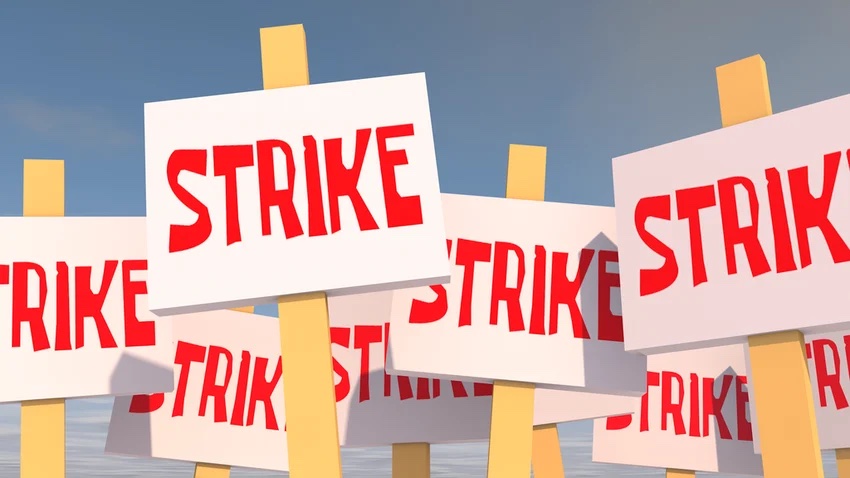|
Not Just Unions; Ready-Strike Unions
|
|
|
 Apr. 12, 2025 | OPINION | [Note: This is the author’s followup to yesterday’s post.] I wrote a piece for In These Times this week called “Unions Without Strikes,” which was prompted by something very big and very ominous that has been on my mind: the fact that there have been no strikes, or even real hints at strikes, in response to the most egregious government assaults on organized labor since WW2. Today, I want to briefly expand on a couple of points in that piece—one analytical, and one that I hope is of immediate practical use. How Things Work Apr. 12, 2025 | OPINION | [Note: This is the author’s followup to yesterday’s post.] I wrote a piece for In These Times this week called “Unions Without Strikes,” which was prompted by something very big and very ominous that has been on my mind: the fact that there have been no strikes, or even real hints at strikes, in response to the most egregious government assaults on organized labor since WW2. Today, I want to briefly expand on a couple of points in that piece—one analytical, and one that I hope is of immediate practical use. How Things Work
|
|
|
|